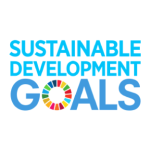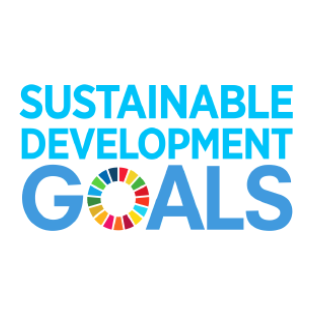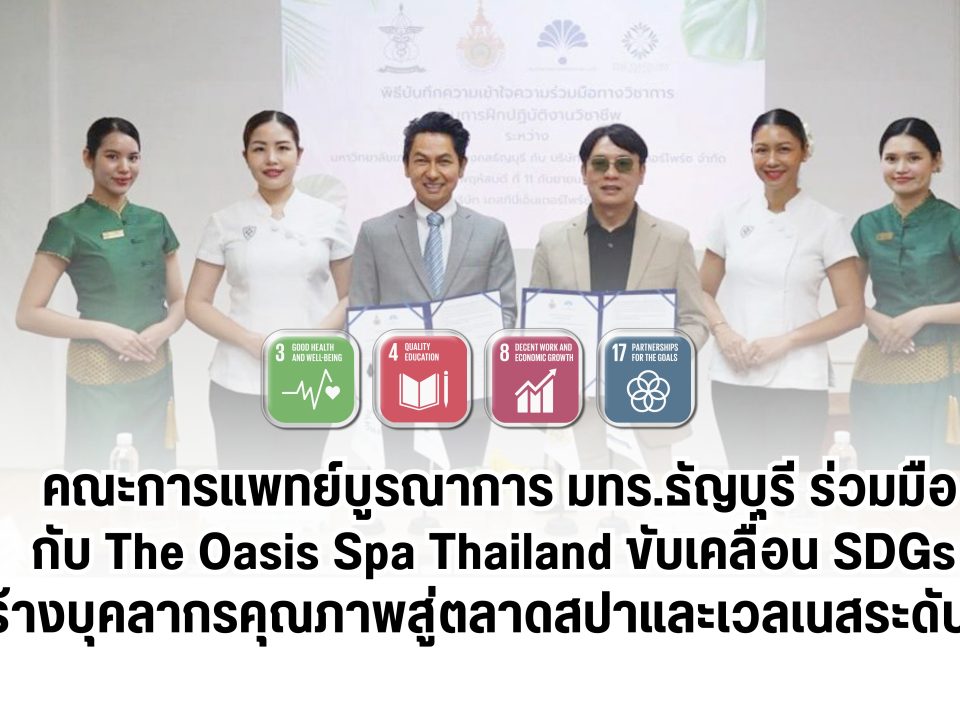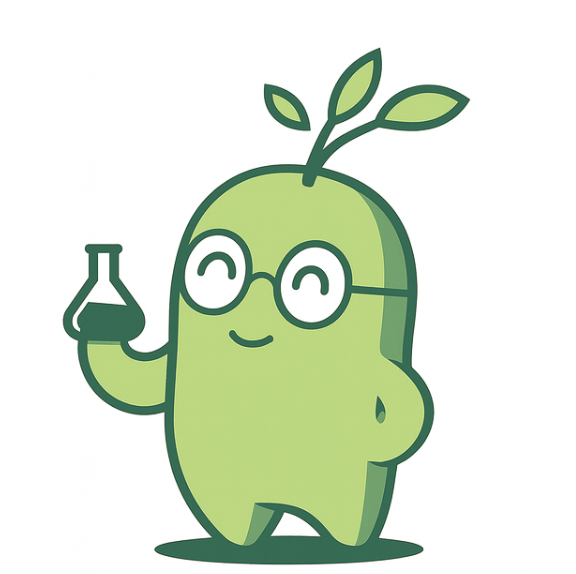
Awareness of SDG 3: Good Health and Well-being
07/07/2025เล่มคู่มือแนวทางการจัดทำหลักสูตรบริการวิชาการแบบหารายได้
07/07/2025? Health as a Human Right
At its core, SDG 3 reaffirms that health is a fundamental human right. Everyone, regardless of gender, age, income, or geographic location, deserves access to quality healthcare and the opportunity to live a full and healthy life. This goal challenges inequalities in health access, encourages inclusive care systems, and supports the well-being of vulnerable populations.
? Global Health Challenges Today
While significant strides have been made in areas like vaccination, maternal health, and infectious disease control, new and ongoing challenges remain:
- Non-communicable diseases (NCDs) such as heart disease, diabetes, and cancer are on the rise.
- Mental health disorders are increasing globally, particularly among young people.
- Pandemic preparedness and health emergency responses need stronger coordination.
- Air pollution, unhealthy diets, and sedentary lifestyles are worsening global health outcomes.
By addressing these challenges head-on, SDG 3 helps build resilient communities and healthier societies.
? Role of Education in Achieving SDG 3
The Faculty of Integrative Medicine at RMUTT plays a pivotal role in achieving SDG 3 by:
- Training future healthcare leaders in both modern and traditional healing sciences.
- Promoting holistic approaches to health that respect cultural wisdom and scientific evidence.
- Empowering communities with health literacy and sustainable self-care practices.
- Bridging science, innovation, and compassion in healthcare delivery.
Students are not just passive learners, but active changemakers, contributing to community clinics, wellness programs, and research that improves public health outcomes.
? Integrative Medicine: A Pathway to Health for All
The approach of integrative medicine aligns naturally with SDG 3. It emphasizes:
- Prevention before cure
- Personalized care and community-based solutions
- Sustainable use of natural resources in healing
- Mental, emotional, and spiritual health alongside physical well-being
By combining evidence-based modern medicine with the wisdom of traditional therapies, integrative medicine promotes balance, resilience, and sustainability in health systems.
? Success Stories and Faculty Contributions
- Development of herbal remedies and natural health products with scientifically validated efficacy
- Outreach programs in rural areas offering free holistic health check-ups
- Research on sleep, immunity, and inflammation linked to herbal innovation
- Student-led campaigns on mental wellness, nutrition, and lifestyle modification
These projects demonstrate the faculty’s real-world impact on public health, particularly in underserved or marginalized communities.
? Call to Action
Achieving SDG 3 is everyone’s responsibility—from policymakers and researchers to students and citizens. You can:
- Stay informed and share reliable health knowledge
- Participate in faculty-led health initiatives
- Support innovations in sustainable and affordable care
- Practice self-care and promote wellness in your family and community
- Be an advocate for a fair and inclusive health system
? Health for People, Planet, and Prosperity
As the world moves forward with the 2030 Agenda, the Faculty of Integrative Medicine remains committed to leading with compassion, knowledge, and innovation to make SDG 3 a lived reality for all.






